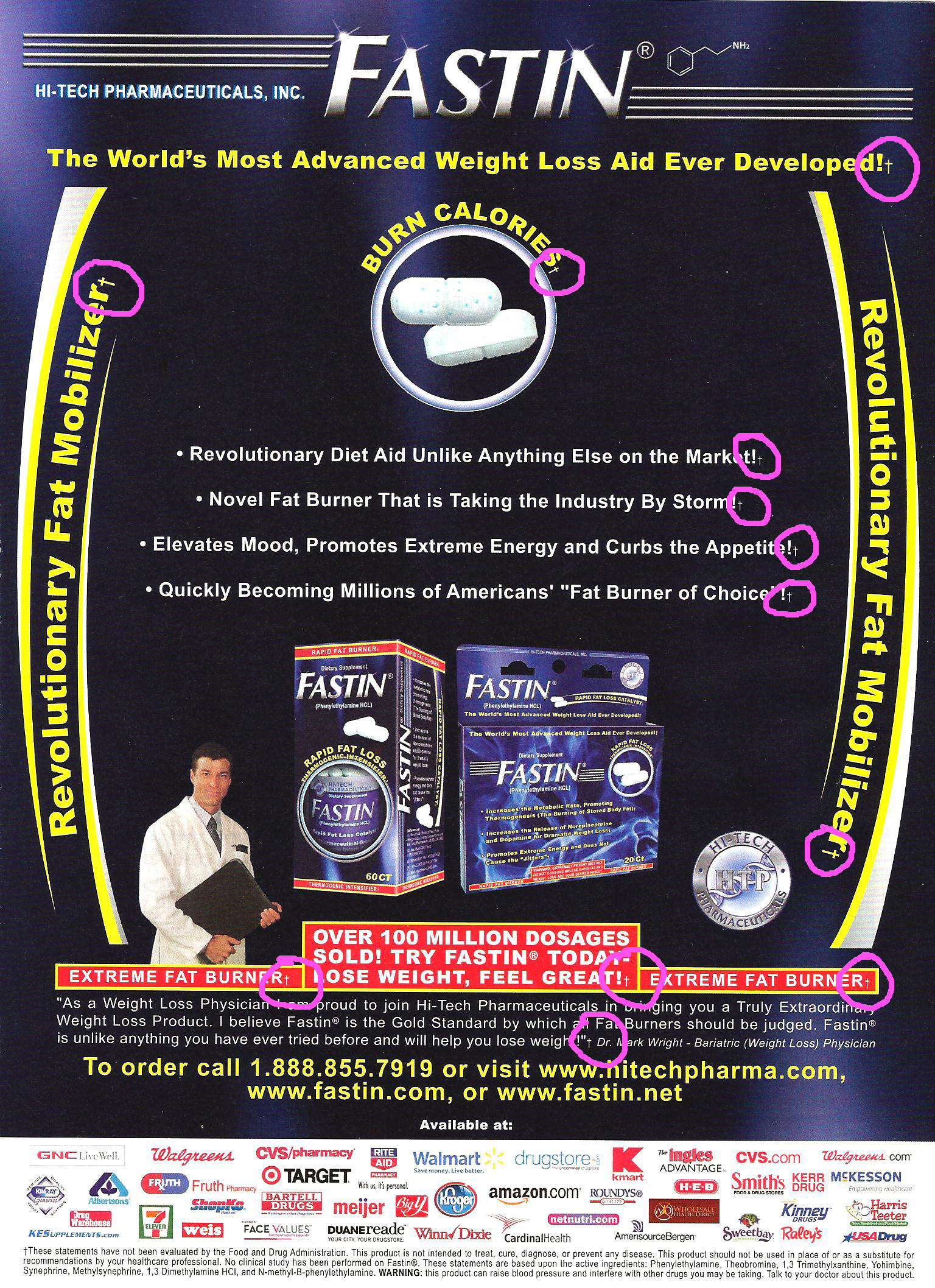The quick pace of present day way of life makes it increasingly more difficult for a considerable amount of people to keep themselves nutritious, fit, and fit. This could obviously be said to be an identical reason the World Health Organization recently declared that you’ll find over 1 billion individuals globally who could be classified as being heavy.
This could obviously be said to be an identical reason the World Health Organization recently declared that you’ll find over 1 billion individuals globally who could be classified as being heavy.
Consequently, there are a lot of individuals who in order to reduce poor weight have turned to a plethora of products and services that are proclaiming to be able to assist them to overcome this growing epidemic. This growing need for an easier way to lose weight has over the years made diet pills essentially the most popular options for millions of individuals.
Diet pills can typically be divided into two different types – prescription and over-the-counter diet pills. A clear understanding of the differences of theirs can help individuals know which options might be sometimes better to employ in the weight management efforts of theirs.
1. Prescribed Diet Pills
Like any additional drug in need of prescription, this particular category of weight reduction capsules is solely offered by suggestion from a registered physician. Prescription based weight loss pills tend to be accredited and regulated by the FDA and also have equally undergone several clinical trials for proven effectiveness and safety.
Nevertheless, to be qualified for use of a prescription based weight management drugs, alpilean supplement reviews (http://wthvc.org) an individual needs to be regarded as possibly scientifically overweight (with a BMI between 27 and 30) or obese (having a BMI over 30). In addition to the person’s BMI, to be approved using a prescription weight loss pill, a physician will have to make sure that the patient passes by some other fixed criteria which take into account his or the health history of her, potential medication interaction as well as side effects, and also any other possible risk factor.
Two of the most popular FDA approved prescription based weight loss pills are sibutramine (Meridia) as well as orlistat (Xenical). Nonetheless, it’s crucial that you note simply because prescription weight management medications are recommended by doctors doesn’t imply that they’re risk-free. This just ensures that the benefits of these weight loss supplements outweigh the risks but not always that they’re totally safe to use.
2. Over-the-Counter (OTC) Diet Pills
OTC diet pills however do not always require the approval of the FDA and are thus not forced to undergo exactly the same thorough clinical testing as prescription weight management drugs. This category of dieting pills perform in a variety of ways by making use of different active substances that the manufacturers claim to have weight loss effects.
Although you can find several variety of effective ingredients in many of the typical nonprescription weightloss pills, many contain a single or even more ingredients such as chromium, caffeine, green tea extract, chitosan, and then hoodia. It thus becomes extremely vital to check out the label of the item to find out its specific constituent ingredients when purchasing an over-the-counter diet pill.
It thus becomes extremely vital to check out the label of the item to find out its specific constituent ingredients when purchasing an over-the-counter diet pill.